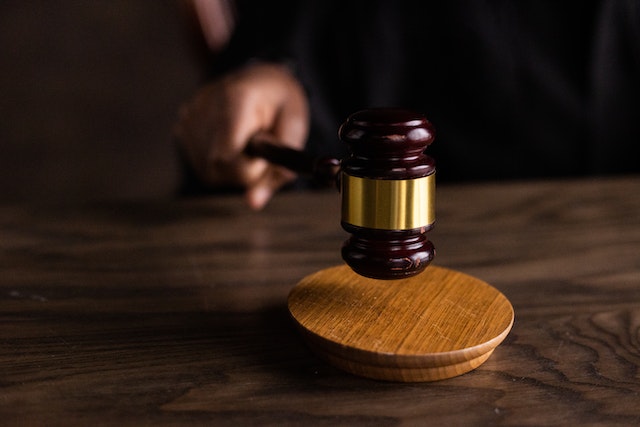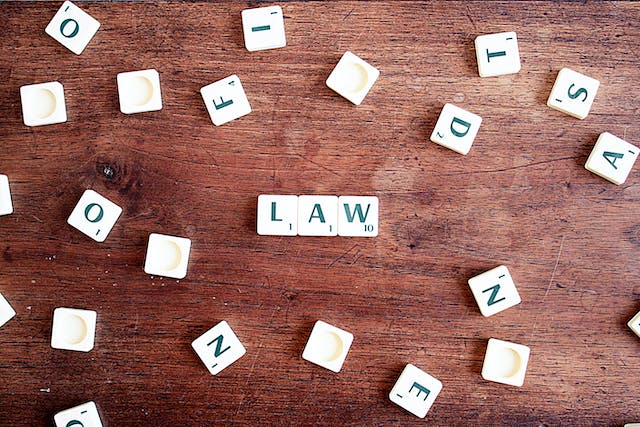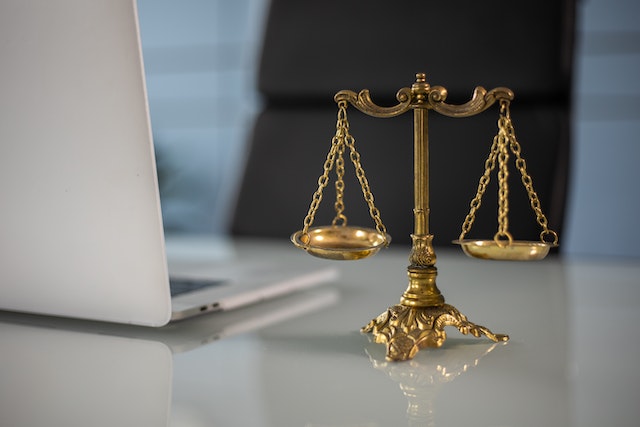Squatters Laws in Florida 2024
When someone is illegally occupying your property, it can be incredibly time-consuming and detrimental to your finances. Moreover, since they don’t have a lease, squatters aren’t required to keep your property in good condition.
Squatters can be a legally complex process. But familiarizing yourself with your local squatter laws can help greatly. These laws typically define the legal rights and responsibilities of both property owners and squatters, clarifying procedures for eviction and property reclamation.
If you live in Florida, you probably know that Governor Ron DeSantis recently signed the "Property Rights" bill (HB 621) to better protect homeowners against squatters. Here’s everything you should know about these new squatter laws!
What Are Squatters?
A squatter is someone who occupies a property or piece of land without the owner’s explicit consent. In most cases, they also try to claim legal ownership of the property. Squatters can come to occupy properties through various means, often involving unauthorized entry.
Here are the most common ways squatters can come to occupy a property:
- Abandoned Properties: Squatters may target abandoned or vacant properties, taking advantage of the lack of regular oversight to enter the premises.
- Vacant Lots: Vacant land without clear ownership or regular monitoring can attract squatters who often set up makeshift shelters or structures on the land.
- Foreclosed Properties: During foreclosure processes, properties may become unoccupied, making them more susceptible to squatters.
- Unauthorized Entry: Squatters may unlawfully enter properties through unlocked doors, broken windows, or other easy points of access.
- False Claims: In some cases, individuals may falsely claim occupancy rights or adverse possession without legal basis, attempting to establish squatter's rights through deceptive means.

- Occupying Unused Spaces: Squatters might occupy unused spaces within buildings, such as basements, attics, or unused rooms, without the owner's knowledge or permission.
- Vacation Homes: Seasonal homes and vacation rentals left unattended for extended periods can attract squatters looking for temporary shelter or new housing opportunities.
Squatter Right Laws in Florida
Unfortunately, dealing with illegal occupants can be extremely complex because most jurisdictions have laws that protect squatters’ rights.
Squatter rights typically provide occupants the legal right to live in a place they have lived in for an extended amount of time, as long as the owner does not take legal action. In Florida, squatters can try to claim ownership of a property only if:
- They’ve consecutively occupied the property for seven years.
- They can prove they have maintained or improved the property’s condition and paid the required property taxes.
- They have a color of title, which is a document that appears to be a legitimate title but is not legally valid due to any errors or typos.
If a person has taken up residence in your Florida home, the only way to remove them from the property is to file for an eviction. Trying to remove squatters yourself can lead to serious legal consequences.
Understanding Squatter Laws in Florida
Squatter laws protect property owners from unauthorized occupancy and provide legal mechanisms for eviction and property reclamation. Unfortunately, many jurisdictions fail to protect property owners against the dangers of squatting.

Florida’s Governor, Ron DeSantis, recently signed a bill that will protect homeowner’s rights against squatters. Keep reading to learn how the “Property Rights" bill (HB621) can help you keep your investments protected.
“We are putting an end to the squatters scam in Florida. While other states are siding with the settlers, we are protecting property owners and punishing criminals looking to game the system,” Governor DeSantis explained.
Understanding House Bill 621
The recently signed House Bill 621 (or HB621) provides property owners with more protection against squatters.
These new creation of squatter laws limit the potential for squatters to claim legal ownership of properties through continuous unauthorized occupation and provide improved legal mechanisms for eviction and property reclamation.
HB621 authorizes property owners to request immediate action by the sheriff’s office to remove any unauthorized persons from their property.
"If you're the victim of squatting, you can simply fill out a form, give it to your local sheriff, and the sheriff is instructed to go and remove the people who are inhabiting your dwelling illegally. And that will happen very quickly," Governor DeSantis explained.
However, it’s important to note that property owners will be charged an hourly fee for this service. The following conditions also have to be met in order to request the local authority’s help in removing squatters:
- The individuals have unlawfully entered and occupied the property;
- The individuals have been requested to leave the property by the owner but haven’t done so; and
- The individuals cannot be current or former tenants currently in a legal dispute.

This “Property Rights” bill will create criminal penalties for squatters. This includes:
- Making false claims in writing to acquire property ownership or deliberately presenting a forged document transferring property rights is a first-degree misdemeanor.
- Anyone who intentionally sells or rents a property without the rightful owner or authority faces a first-degree felony.
- Anyone who trespasses unlawfully or occupies a residential dwelling with the intent to cause $1,000 or more in damages faces a second-degree felony.
House Bill 621 has been authorized and will go into effect on July 1st of this year. With this addition to the local landlord-tenant laws, property owners will be better protected against the unauthorized occupancy of their homes.
Conclusion
Squatters are a major threat to property owners. Many states have laws that protect squatter rights. These regulations allow occupants to claim ownership of a property after inhabiting it for a set period.
Fortunately, several states are now looking at ways of protecting property owners against the rising threat of squatters. Florida’s House Bill 621, for example, offers essential protections to owners by defining specific procedures for dealing with squatters.
Once this law goes into effect, homeowners will be able to request the help of local authorities to remove unauthorized occupants from their homes without having to go through a long eviction process.
Want to learn more about Florida’s new squatter laws? Contact Ocean Realty & Property Management! Our team will be happy to help you navigate the legal complexities of property ownership in the Sunshine State.